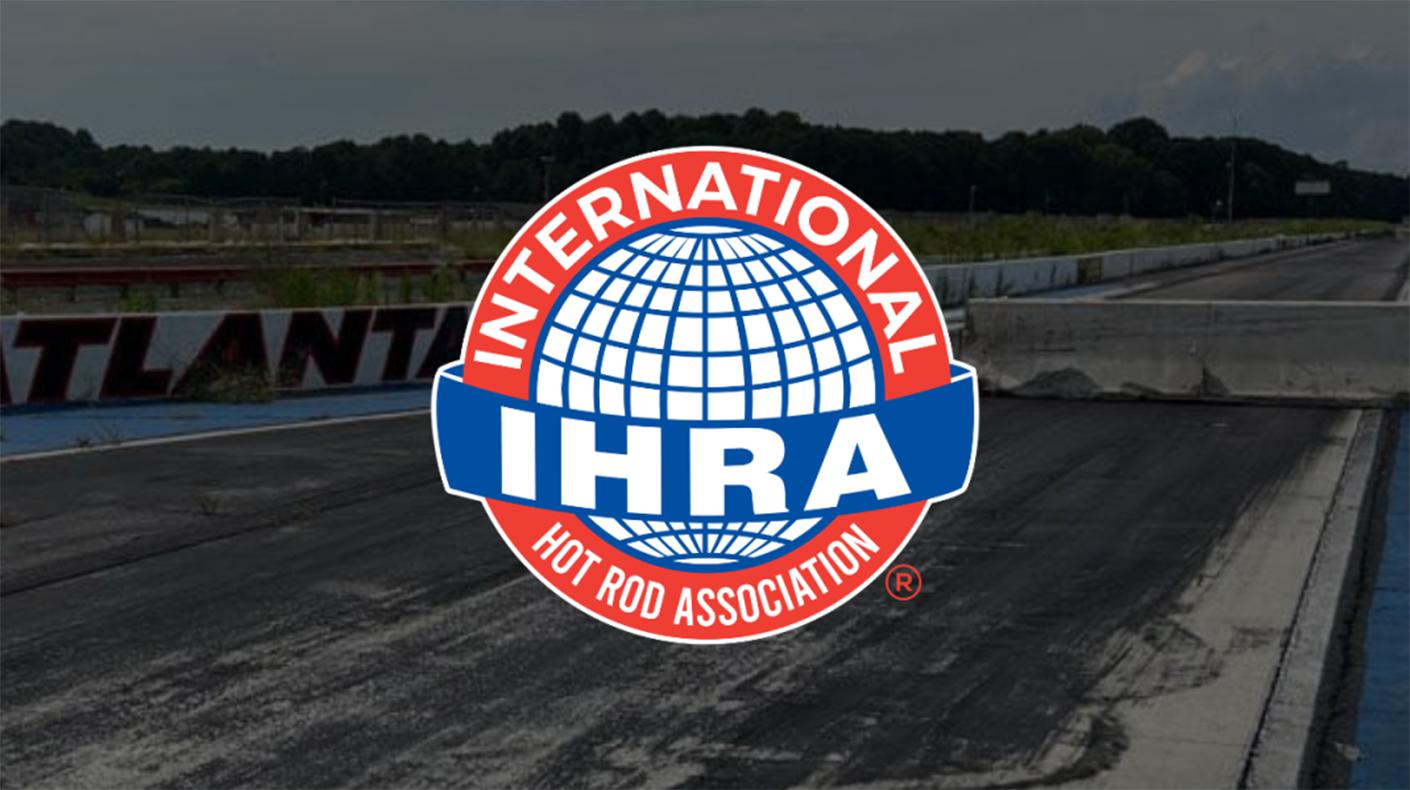By SEMA Washington, D.C., Staff
SEMA, along with hundreds of trade associations and companies, have called on the U.S. Congress to provide temporary and targeted COVID-19 liability protection by passing the “Safe to Work Act” (S. 4317). This SEMA-supported bill would provide businesses, non-profit organizations and educational institutions, in addition to healthcare workers, providers and facilities with liability relief from unfair lawsuits through October 1, 2024, when operating under applicable public health guidelines. The threat of liability exposure and frivolous lawsuits are a deterrent for businesses and other entities seeking to operate in the wake of the pandemic.
In addition to federal efforts to limit business liability, at least 12 states have enacted or are considering SEMA-supported legislation to provide legal liability protections for businesses, including Alabama, Arkansas, Georgia, Iowa, Kansas, Louisiana, Mississippi, North Carolina, Ohio, Oklahoma, Utah and Wyoming. Other states, such as Nevada, have announced plans to consider similar bills during upcoming special legislative sessions.
There is a growing effort in the U.S. Senate to include the “Safe to Work Act” as part of the next round of COVID relief legislation, known as the Health, Economic Assistance, Liability Protection and Schools (HEALS) Act, which includes additional financial incentives, such as a second round of Paycheck Protection Program (PPP) funding for the hardest hit businesses, an expansion of the employee retention tax credit (ERTC) and the work opportunity tax credit (WOTC), full deduction of business meals through the end of 2020 (50% currently) and creation of a refundable payroll tax credit equal to 50% of an employer’s qualified employee protection expenses. The bill also provides $306 billion in emergency appropriations for coronavirus health response, including $105 billion to help reopen schools, economic stimulus checks and an extension of federal unemployment benefits. Below is additional information on key business incentive programs in the HEALS Act:
PPP: Provide another round of PPP loans that would be limited to businesses with fewer than 300 employees and a 50% or more reduction in revenue. The bill would add $60 billion to PPP, which still has $130 billion in unspent funding, in addition to providing $100 billion in long-term, low-cost loans to “recovery sector” businesses, including seasonal businesses and those located in low-income areas which experience a reduction in revenues of at least 50%.
ERTC: Greatly increase the size of the ERTC and expand the universe of companies that are eligible for it. The ERTC would increase from 50% to 65% of wages and healthcare costs paid by employers to employees from March 12, 2020, and before January 1, 2021, and would allow the credit to apply to $30,000 in wages per employee (currently the credit is limited to $10,000 in wages per employee). ERTC eligibility would be expanded to cover companies that have experienced at least a 25% reduction in gross receipts (currently only businesses experiencing a 50% or larger loss of revenue are eligible for the tax credit) and allow companies with 500 or fewer full-time employees to claim the credit for wages paid to employees, regardless of whether they are working or not. Under current law, companies with more than 100 employees can only claim the ERTC for employee wages that compensate employees for not performing services. The bill would also allow businesses to claim both PPP and the ERTC, although companies couldn’t use both programs for the same payroll costs.
WOTC: Temporarily expand the WOTC to employers hiring individuals in qualified groups, including 2020 qualified COVID-19 unemployment recipients. The maximum credit would be expanded from $2,400 (40% of the first $6,000 of qualified first-year wages) to $5,000 (50% of the first $10,000 of qualified first year wages).
Refundable Payroll Tax Credit: The credit would be equal to 50% of an employer’s qualified expenses incurred between March 12, 2020, and January 1, 2021, for coronavirus testing, cleaning supplies and protective personal equipment. The bill caps qualified expenses at $1,000 for each of the first 500 employees, plus $750 for each employee between 500 and 1,000, and $500 for each employee over 1,000.
For more information, contact Eric Snyder at erics@sema.org.





